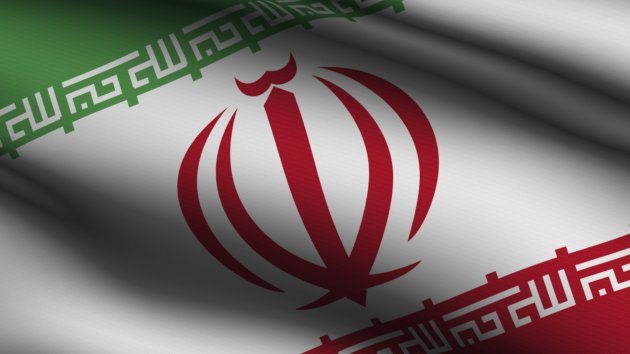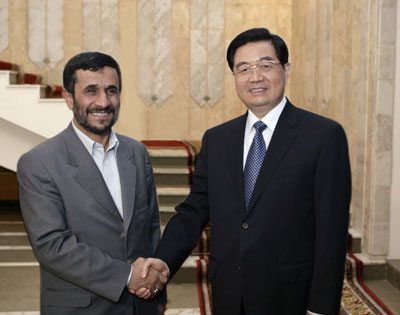An Iranian nuclear scientist was killed and two people injured when a magnetic bomb attached to a car by a duo on a motorbike exploded outside a Tehran university on Wednesday, Iranian news agencies said.
The person killed was identified by several media as Mostafa Ahmadi Roshan, a scientist who worked on separating gases at the Natanz uranium enrichment facility, according to the website of a different university from which he graduated around a decade ago.
“This morning a motorbiker attached a bomb to a Peugeot 405, which exploded,” the deputy governor of Tehran province, Safar Ali Bratloo, was quoted as saying by the ILNA news agency.
The explosion occurred outside the east Tehran campus of Allameh Tabatai University, at its social sciences faculty.
Ahmadi Roshan was killed and the two wounded passengers were taken to hospital, Bratloo said.
Sharif University, Tehran’s elite technical university where the slain scientist had studied, said Ahmadi Roshan was specialised in making polymeric membranes used to separate gas. Iran uses gas separation to enrich uranium.
Three other Iranian scientists were killed in 2010 and 2011 when their cars blew up in similar circumstances. At least two of the scientists had also been working on nuclear activities.
One of the attacks occurred exactly two years ago, on January 11, 2010, killing scientist Masoud Ali Mohammdi.
The current head of Iran’s atomic organisation, Fereydoun Abbasi, escaped another such attempt in November 2010, getting out of his car with his wife just before the attached bomb exploded.
Those attacks were viewed by Iranian officials as assassination operations carried out by Israel’s Mossad intelligence service, possibly with help from US counterparts.
The latest blast comes amid extremely high international tensions over Iran’s nuclear programme, which the West and Israel believe conceals research to develop an atomic bomb.
Israel has threatened to launch air strikes on Iran’s nuclear facilities. The United States has said “all options are on the table” in terms of dealing with Iran — including military action.
Tehran, which has repeatedly denied that its nuclear programme is for anything other than peaceful purposes, has threatened to close the strategic Strait of Hormuz at the entrance to the Gulf if it is attacked. Twenty percent of the world’s oil flows through that strait.
Wednesday’s car explosion followed confirmation on Monday by the International Atomic Energy Agency that Iran had started uranium enrichment at a fortified underground bunker southwest of Tehran, in Fordo.
The United States, Britain, France, Germany and Italy have viewed that development with alarm, saying it was a violation of UN Security Council resolutions on Iran.











